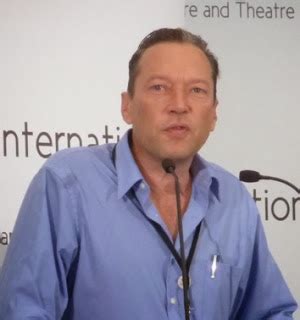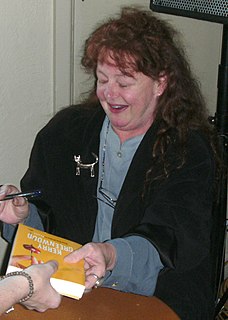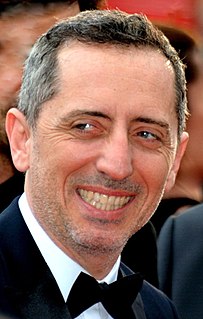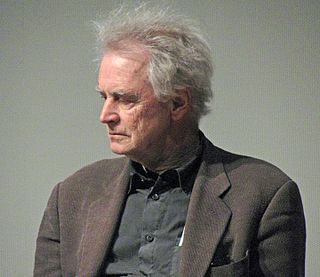A Quote by Colum McCann
In a certain way, novelists become unacknowledged historians, because we talk about small, tiny, little anonymous moments that won't necessarily make it into the history books.
Related Quotes
Whole great chunks of written history are of little value to the psychohistorian, while other vast areas which have been much neglected by historians - childhood history, content analysis of historical imagery, and so on - suddenly expand from the periphery to the center of the psychohistorian's conceptual world, simply because his or her own new questions require material nowhere to be found in history books.
I think certain periods of history don't get dealt with because I think historians, and it's their job, but they look back and look for patterns. They look for sequences and they look for reasons, and certain periods of history don't fit with the general pattern of 1500 to the 20th century, during which there's the creation of the United States. At this time of 1814, two nations who would eventually become close allies were at war with each other, so it doesn't quite fit.
Some of my books sort of have a provocative take. Sometimes you find interesting things about characters that show they weren't necessarily the way people usually see them. It can make for lively conversations, but that's great. Spark a little controversy, get people to think about it. That's what it's all about.
It became a question of taste. I have a certain taste in art history. And that - I had a huge library of art history books in my studio. And I would simply have the models go through those books with me, and we began a conversation about, like, what painting means, why we do it, why people care about it why or how it can mean or make sense today.
I think certain periods of history don't get dealt with because I think historians, and it's their job, but they look back and look for patterns. They look for sequences and they look for reasons, and certain periods of history don't fit with the general pattern of 1500 to the 20th century, during which there's the creation of the United States.
Historians will look back on this era and how the Internet changed what we value, what we consider art, the way we think, the way we define what it means to be human. In Sincerity and Authenticity, Lionel Trilling describes the changes that occurred between about 1850 and 1920, due to the Industrial Revolution and the resulting migration of people from small communities to relative anonymity in cities. Because of that paradigm shift, ideas about what it means to be an individual underwent a transformation that leeched into all areas. Art, psychology, history, marriage, gender.
I have always wanted to make a series of films which would be like an 'emotional history' that conveys what it feels like to live through history as an experience rather than a grand story. It would be about the relationship between the tiny fragments and moments of personal experience, and the continual backdrop of big events.
We think that it's the big moments that define our lives-the wedding, the baby, the new house, the dream job. But really, these big moments of happiness are just the punctuation marks of our personal sagas. The narrative is written every day in the small, the simple, and the common. In your tiny choices, in these tiny changes. In the unconsidered. The overlooked. The discarded. The reclaimed.





































